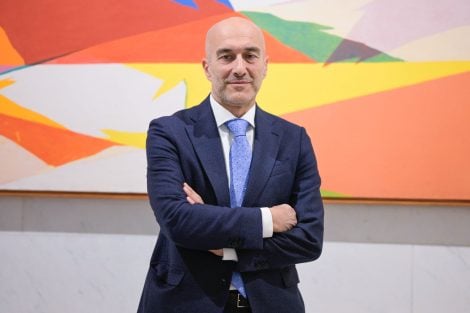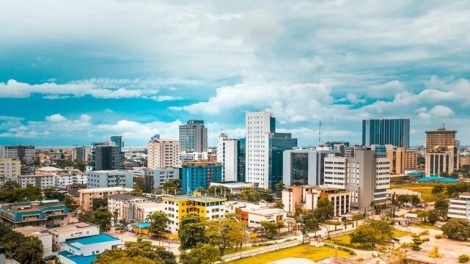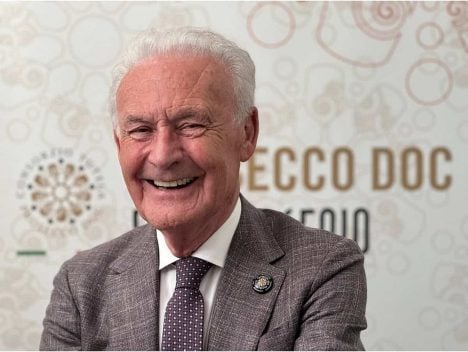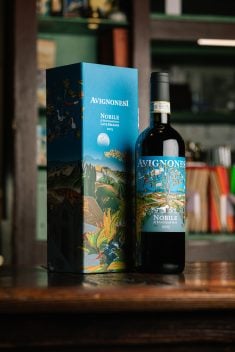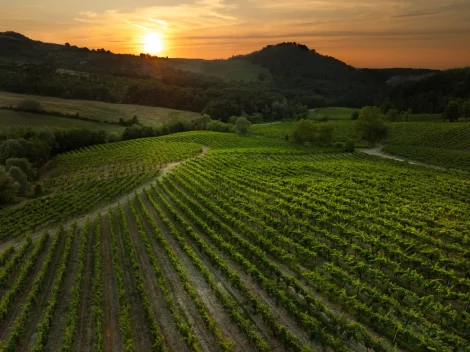It often happens that on the big screen food is metaphor, suggestion, context. Rarer that it becomes the absolute protagonist. This happened with La quinta stagione, a docufilm by Giuseppe Carrieri written by Paola Valeria Jovinelli for Identità Golose and presented at the Giornate degli Autori of the 82nd Venice Film Festival. On screen parade landscapes, dishes, nature and poetry thanks to the five protagonists who cook, think, decide. The five chefs do not play themselves: they simply are. And it is in this authenticity that the docufilm finds its strength. The narrating voice of Isabella Ragonese at the beginning and the end guides the viewer on a journey that is not celebration but intimate storytelling, made of daily gestures and radical choices. Here, cuisine becomes a magnifying glass on a theme that runs through the Italian gastronomic sector: the visibility and role of women in an environment still strongly male-dominated.
The five seasons
Presented in Venice, La quinta stagione takes the story of signature cuisine out of dining rooms and gastronomic critique manuals, to place it in a narrative and poetic space. It does not celebrate individual heroism, but shared strong delicacy, the courage to make off-centre choices, the urgency to seek a personal language.
Each of the protagonists is told through the season that best represents her, with an inner time and a landscape that define her.
Caterina Ceraudo, with her edible flowers, the vegetable garden together with her father and a Michelin star at Dattilo in Strongoli, tells spring. Her bond with Calabria is symbiotic: she works on the family estate, breathes the land, dialogues with nature. Her dishes are seeds that sprout, promises of the future.
Martina Caruso, chef of Signum in Salina, with the marine, salty and sparkling component, embodies summer. Sunny, direct, with the island and the catch as centre and horizon. She transforms geographical remoteness into cultural magnetism: what seems peripheral becomes, through her cuisine, the epicentre of relationships.
Valeria Piccini, two Michelin stars at Da Caino in Montemerano, with her profound knowledge and passion for meats, is autumn. Her cuisine sinks into Tuscan peasant roots, in ancient gestures that become contemporary without losing gravity. It is heritage transformed into present act.
Antonia Klugmann, one Michelin star at L’Argine a Vencò, with bitterness, charred notes and materiality, represents winter, but a fertile, reflective winter. She works in a borderland and makes it material for thought: the woods, the fields, the passing of time. In her dishes one feels the silence that precedes rebirth.
To close the quintet, Cristina Bowerman, one Michelin star at Glass Hostaria in Rome, is the fifth season: difficult to define, suspended, plural. Above all free from the constraints of seasonality, zero food miles and gastro-snobbery. In the heart of Trastevere, she has built a cuisine that is crossing: multicultural, open, cosmopolitan. A figure and a culinary expression that symbolises transformation, movement, the possibility of an “other” time.
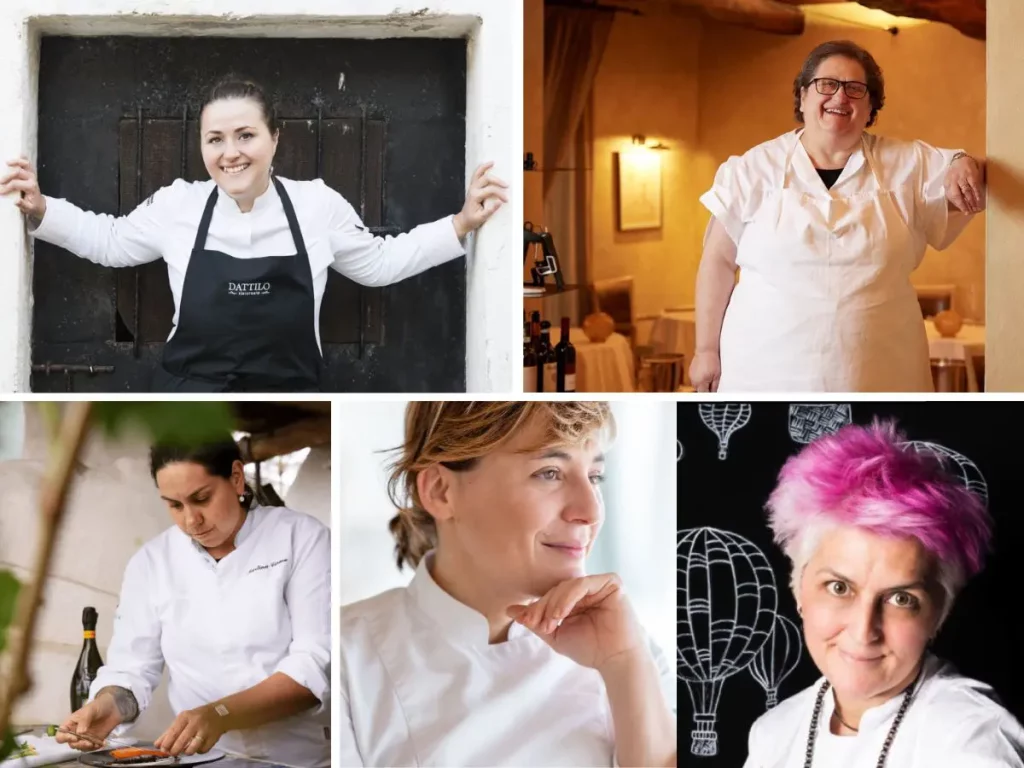
The question of gender
La quinta stagione is not a feminist manifesto, but inevitably it opens the reflection: why is the female presence in starred kitchens still so reduced? In Italy, out of about 380 restaurants awarded by Michelin, only around forty have a woman at the helm. Few if not non-existent are the capopartita, commis, saucières, who through apprenticeship would reach the role of “awardable” chef. The causes are no longer the exhausting hours, the balancing acts of family reconciliation, but cultural legacies that still see the figure of the male chef as the holder of authority.
The five chefs of the documentary are exceptions, but they should not be. They have built their identity in spaces not always predisposed to welcome them: in the Calabrian fields of Strongoli, on the paths overlooking the sea of Salina, in the medieval villages of the Maremma, on the Friulian border, in the blaring Trastevere. Each place has imposed on them a confrontation with their individuality and, at the same time, has offered a strength that becomes language.
What unites them is not only talent, but the ability to transform constraint into possibility. Where space seems limited, they open a perspective. Where tradition seems immutable, they find the crack to insert a new seed. It is in this ability to mediate, to resist and to invent that one glimpses the meaning of the “fifth season”: a time that does not exist in calendars, but that becomes real because someone inhabits it.
At the end of the five portraits and stories, the five protagonists, seated around the table of Identità Golose in Milan, offer possibilities. Their cuisine beyond technique and creativity is memory, landscape, identity. A way of being in the world. Perhaps this is the strongest lesson of the docufilm: the true “fifth season” is the time each one takes to cultivate her own story, in the kitchen as in life.

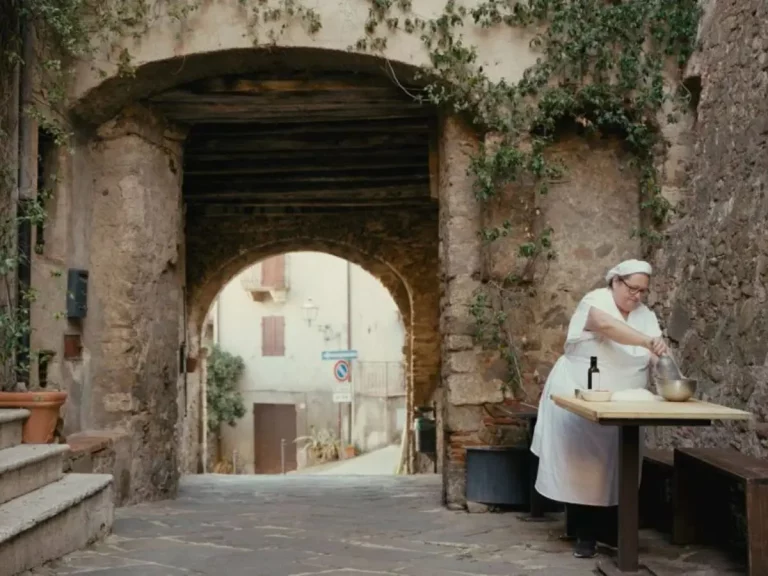
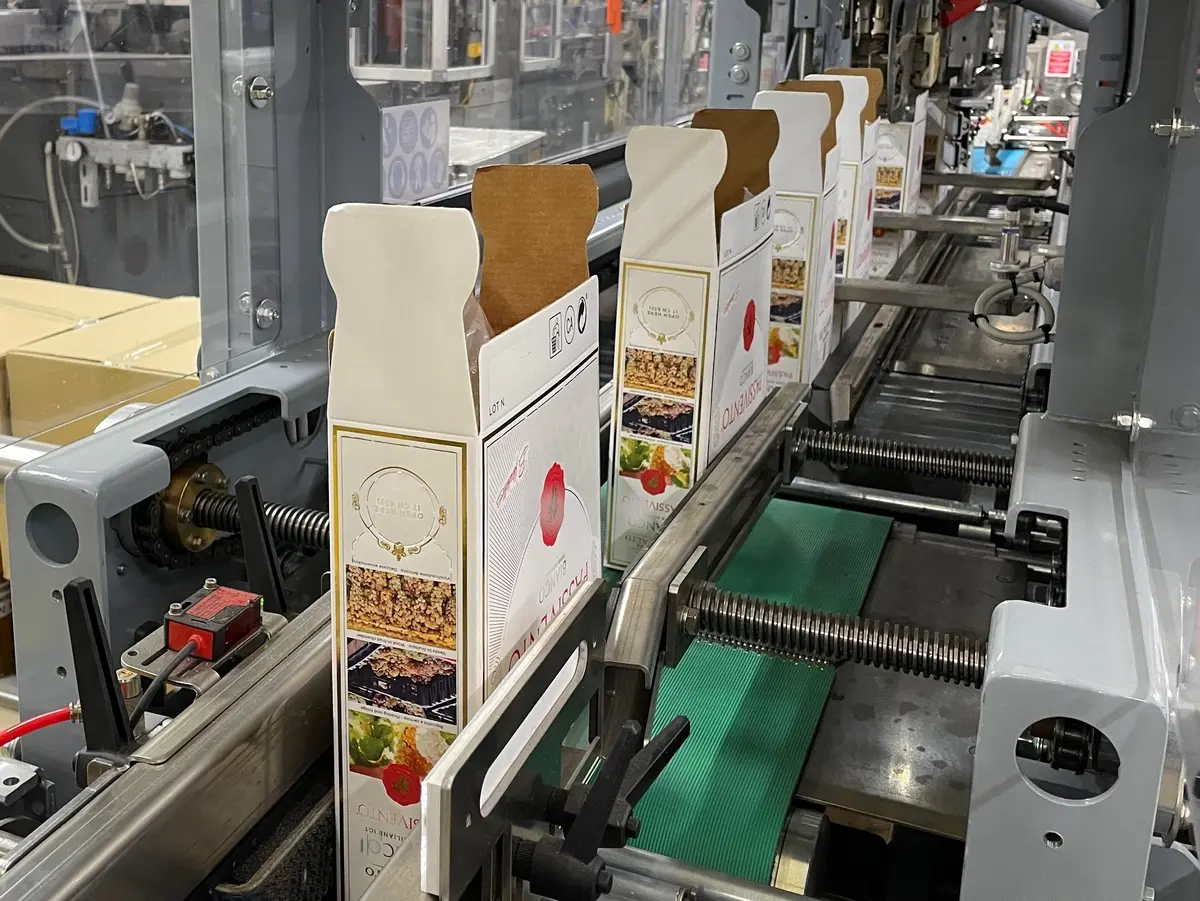 Langhe Nebbiolo DOC in bag-in-box: the rule change dividing producers
Langhe Nebbiolo DOC in bag-in-box: the rule change dividing producers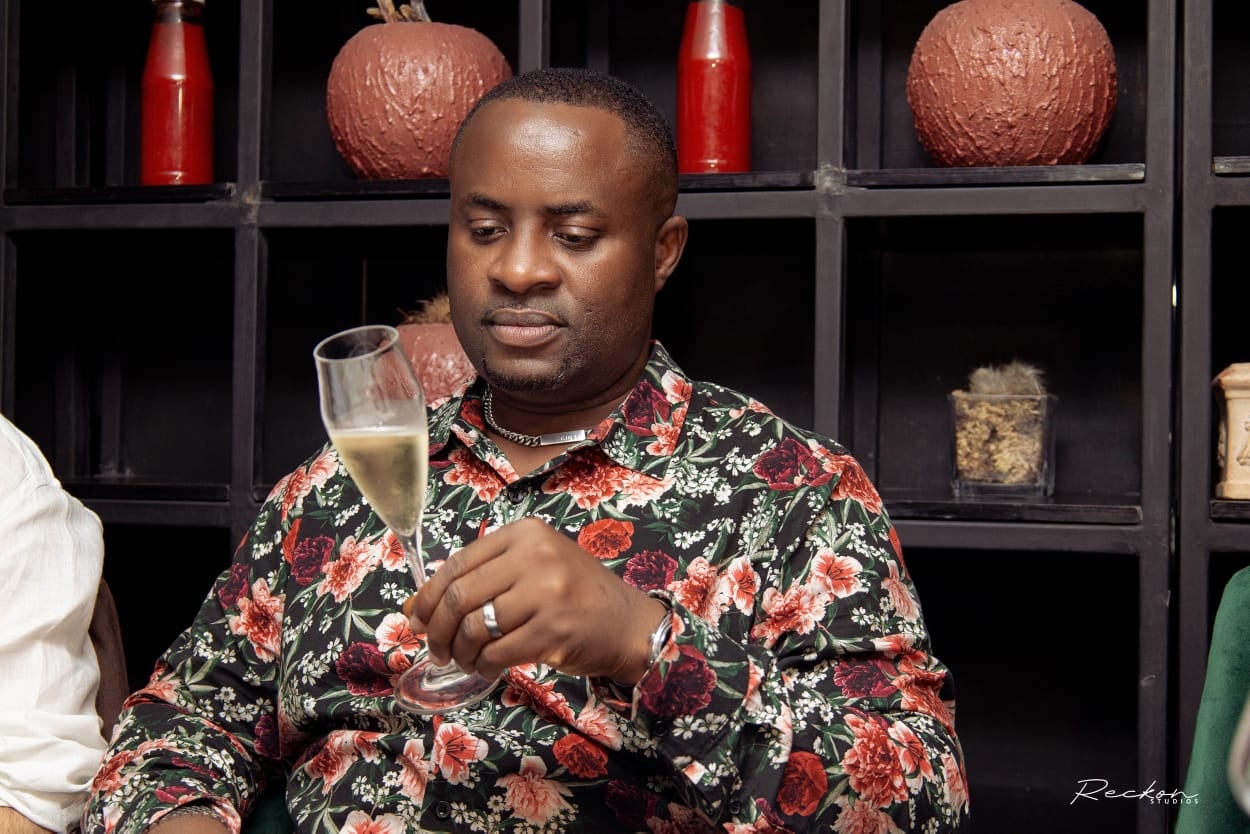 'Wine knowledge in Nigeria is evolving'
'Wine knowledge in Nigeria is evolving'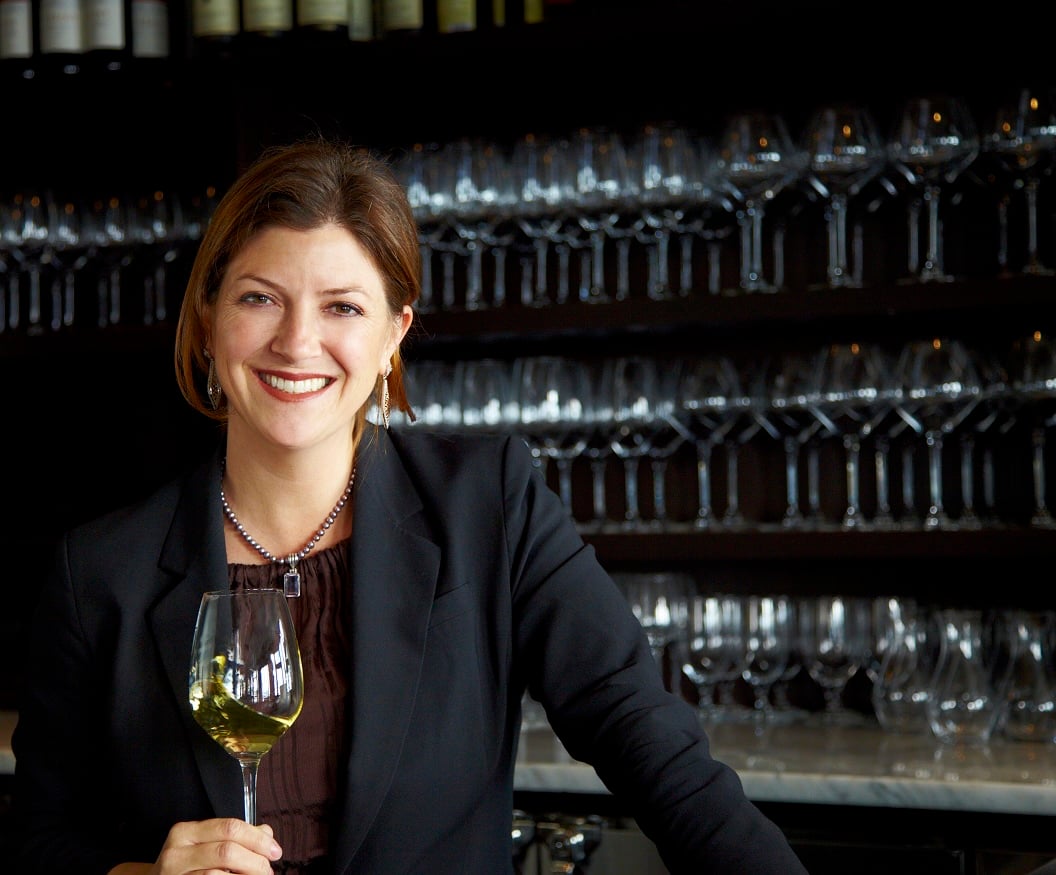 'It's a great time for Italian wine in the US'
'It's a great time for Italian wine in the US'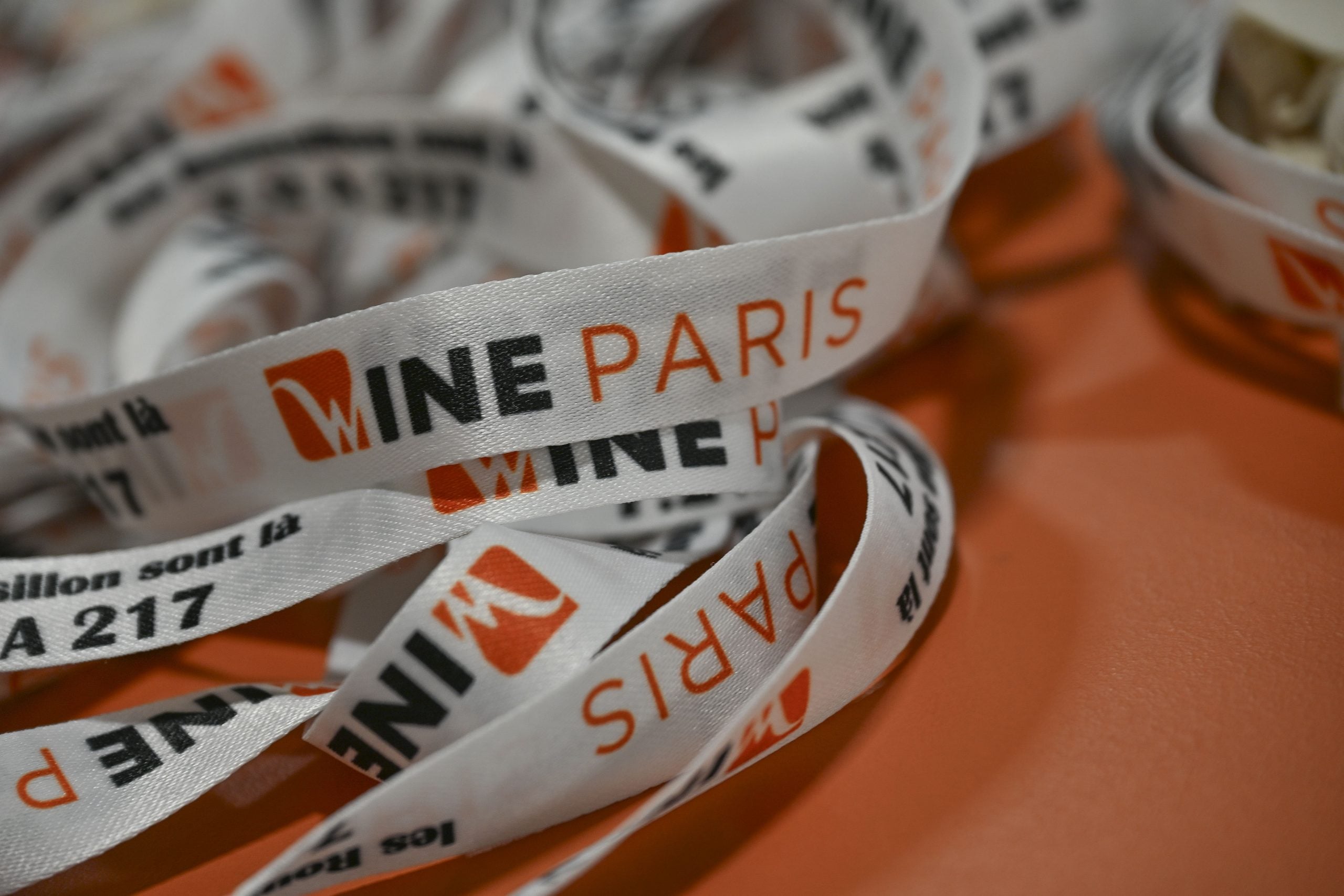 What to expect from Wine Paris 2026
What to expect from Wine Paris 2026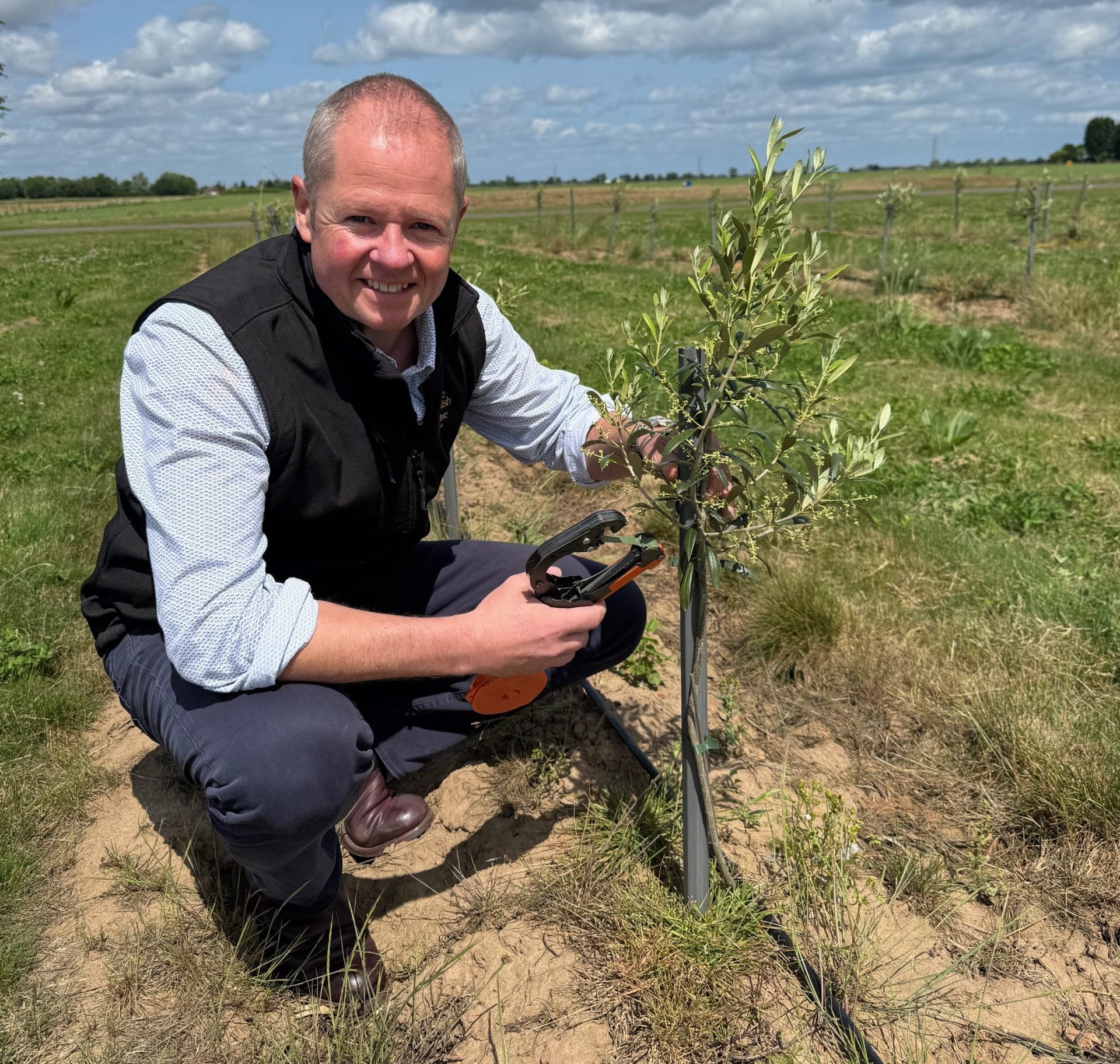 Meet the farmer pioneering English olive oil
Meet the farmer pioneering English olive oil